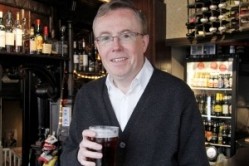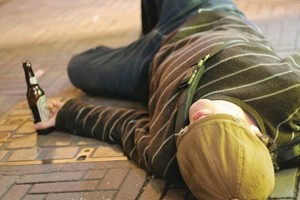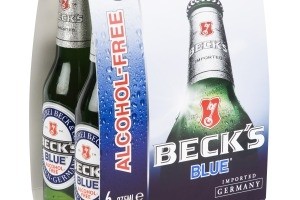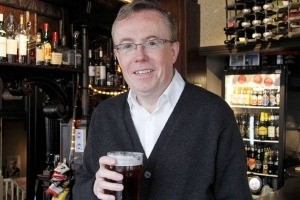The decline of alcohol

This is steady, if unspectacular, improvement, though the ONS notes that in Scotland the rate is “significantly lower” than it was 10 years previously.
That the alcohol problem has started to shift north of the border was confirmed this week with the release by NHS Scotland of stats on alcohol-related hospital discharges. Figures were more than 7% down between 2011/12 and 2012/13 contributing to a “consistent downward trend” that's seen a fall of 16% in the space of just four years.
Of course, I don't expect anyone to be cracking open the champagne in celebration, but the reaction has been a little perverse. With young people no longer a growing problem, for instance, headlines have turned to an increase, of 22%, in alcohol-related mortality among the over-75s.
I'm pleased if it means the special issues faced by older people get some attention but some broader perspective is required. What the latest figures confirm, more than anything, is that alcohol-related disease remains principally a plight of the middle-aged.
Dramatic
Despite the recent panic that alcoholic liver disease is increasing among the young the actual decline in mortality among this group is quite dramatic. In Scotland, where the problem is worst, 159 people under 45 died in 2012, down from 212 in 2011 and from a peak of 275 in 2006. It is now way below the previous lowest recorded, 206 in 1997.
There is no evidence, in the discharge numbers, of a lurking 'time-bomb', either. The figures are declining across all age groups, and particularly among the young.
Alcohol-related disease is also a plight of the poor. People living in the most deprived areas of Scotland are more than six times as likely as their wealthiest neighbours to be hospitalised for drink. The health inequalities remain intractable, and Owen Jones' intervention, calling for improved alcohol services that might enhance the 'recovery capital' of the less well-off, is welcome.
Annoyingly, he littered a good argument with rubbish about a “pandemic” (the 'pandemic' would appear to be in reverse in the UK) and dodgy stats like the £21bn cost to the British economy. Pete Brown, the beer writer, tried to put him straight on that one with this.
Jones is new to the alcohol game and only repeating the scaremongering we have to read almost every day in the media. Meanwhile, people who ought to know better at best remain silent.
Declining consumption, and now declining harm and declining mortality, do not fit the agenda that public health has locked itself into. If it shouts about this progress it risks losing the headlines. And how is it going to explain what's happening?
Decline
The view that it's a blip is becoming increasingly hard to sustain. If it's to do with the recession, then why did people start drinking less in 2004? Was it because liberalised licensing made alcohol more available? No, not even I'm going to argue that.
It could just be, and the trend among the young supports this, that what we're seeing is the beginning of a long cyclical decline following a relatively steep upturn in consumption during the last quarter of the 20thcentury. It's characteristic of the history of alcohol over centuries.
If it's happening, it's happening with hardly any of the population-wide measures proposed to restrict availability being implemented. Not even minimum unit pricing.
It's time the health lobby dropped these dubious measures and concentrated its efforts on defending the NHS and campaigning for services that can tackle alcohol harm where it actually exists.







